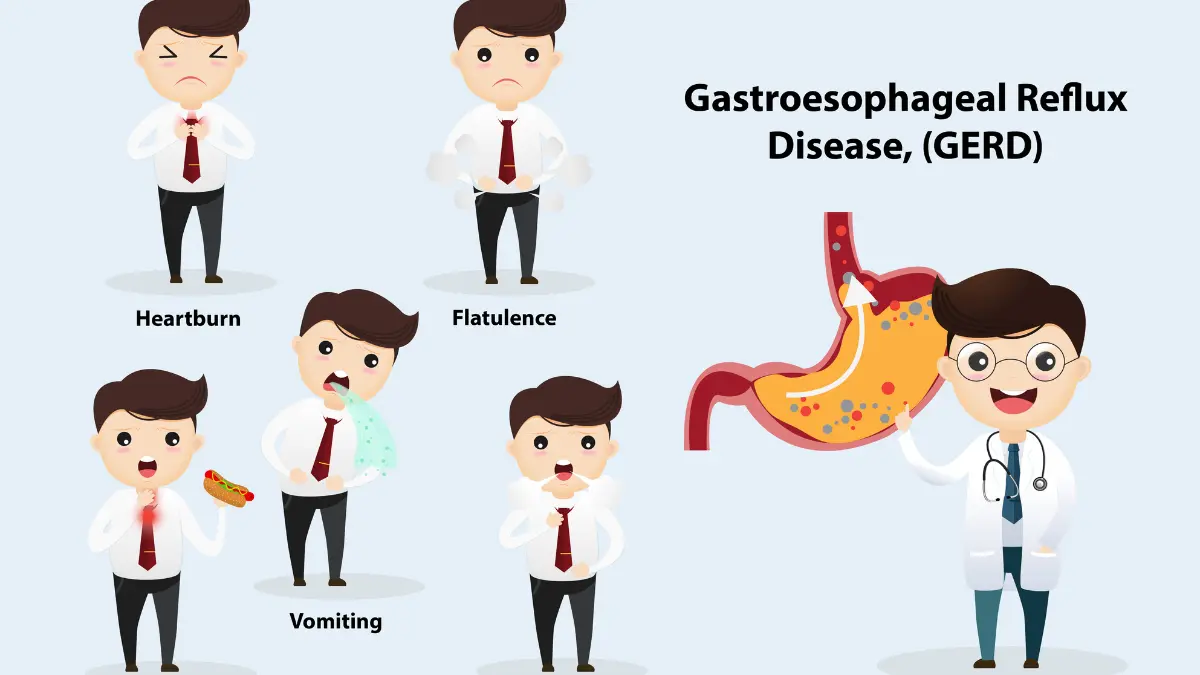Calories in Coca Cola
We have been drinking it all along when we were kids and now those who have stopped drinking it are the ones who have become health conscious and have understood what’s in it. Read on..
Contents in Coca Cola
Coca Cola, also known as Coke, is a popular carbonated soft drink. Here are the main ingredients found in a typical can of Coca Cola:
- Carbonated water: Provides the drink’s characteristic fizz.
- High fructose corn syrup (or sucrose in some countries): A sweetener that gives Coca Cola its sweet taste.
- Caramel color: A food coloring that gives the drink its dark brown color.
- Phosphoric acid: A food-grade acidulant that adds tartness and helps maintain the drink’s acidity level.
- Natural flavors: A mix of ingredients derived from natural sources, which create the unique flavor profile of Coca Cola. The specific recipe, known as “Merchandise 7x,” is a closely guarded secret.
- Caffeine: A stimulant that adds a slight bitter taste and provides a mild energy boost.
It’s important to note that a 12 fl oz (355ml) can of Coca Cola contains about 140 calories, 39g of sugar, and 45 mg of sodium. There are also variations of Coca Cola, such as Diet Coke and Coke Zero Sugar, which have different ingredient compositions to cater to different dietary preferences.
Calories in Coca Cola of Different sizes and Packaging
A. Cans
- Regular 12 oz (355ml) can: 140 calories
- Mini 7.5 oz (222ml) can: 90 calories
B. Bottles
- 16.9 oz (500ml) bottle: 200 calories
- 20 oz (591ml) bottle: 240 calories
- 1 Liter (1000ml) bottle: 400 calories
C. Fountain drinks
(calorie counts may vary depending on the serving size at different establishments):
- Small (16 oz / 473ml): 180 calories
- Medium (21 oz / 621ml): 210 calories
- Large (32 oz / 946ml): 310 calories
Diet and Zero Sugar Coca Cola Varieties
A. Differences in calorie content
Diet Coke and Coca-Cola Zero Sugar are both low-calorie alternatives to regular Coca-Cola.
- Diet Coke: Virtually no calories (<1 calorie per 12 oz serving)
- Coca-Cola Zero Sugar: No calories (0 calories per 12 oz serving)
B. Artificial sweeteners used
Both Diet Coke and Coca-Cola Zero Sugar use artificial sweeteners to replace sugar and reduce calorie content.
- Diet Coke: Aspartame and acesulfame potassium are used as sweeteners. Aspartame is a low-calorie sweetener made from two amino acids, and acesulfame potassium is a calorie-free sweetener about 200 times sweeter than sugar.
- Coca-Cola Zero Sugar: Aspartame and acesulfame potassium are also used in this variety. The difference between Diet Coke and Coca-Cola Zero Sugar lies mainly in the flavoring formulation, with Coca-Cola Zero Sugar aiming to provide a taste profile closer to that of regular Coca-Cola.
Caffeine Content
The caffeine content in Coca Cola varies based on the serving size. Here are the approximate caffeine amounts for some common serving sizes:
- Regular 12 oz (355ml) can: 34 mg of caffeine
- 16.9 oz (500ml) bottle: 54 mg of caffeine
- 20 oz (591ml) bottle: 57 mg of caffeine
Keep in mind that these values are approximate and can slightly vary depending on factors like the concentration of the syrup and serving sizes.
How Coca Cola affects teeth and overall health
Coca Cola, like other soft drinks, can have negative effects on teeth and overall health when consumed in excess. Here are some of the ways Coca Cola can impact your health:
- Tooth decay: Coca Cola contains high levels of sugar, which can lead to tooth decay. Bacteria in the mouth feed on sugar, producing acids that erode tooth enamel and cause cavities. The high acidity in Coca Cola, due to phosphoric acid, can also contribute to enamel erosion.
- Dental erosion: The acidic nature of Coca Cola can weaken tooth enamel, making teeth more susceptible to damage, sensitivity, and discoloration. Dental erosion is different from tooth decay, as it involves the direct loss of enamel due to acid exposure rather than bacterial action.
- Weight gain and obesity: Regular consumption of high-calorie, sugary beverages like Coca Cola can lead to weight gain and increase the risk of obesity. Excess weight is associated with a higher risk of developing health issues such as type 2 diabetes, heart disease, and some cancers.
- Type 2 diabetes: Consuming large amounts of sugary beverages like Coca Cola can increase the risk of developing type 2 diabetes. High sugar intake can lead to insulin resistance, a condition where the body’s cells don’t respond well to insulin, causing high blood sugar levels.
- Bone health: Some studies suggest that consuming large quantities of cola beverages, including Coca Cola, may negatively affect bone health. The phosphoric acid in colas may interfere with calcium absorption, potentially leading to weaker bones and a higher risk of osteoporosis.
- Caffeine dependence: Regular consumption of caffeinated beverages like Coca Cola can lead to caffeine dependence. This can result in withdrawal symptoms like headaches, fatigue, irritability, and difficulty concentrating when caffeine intake is reduced.
It’s important to consume Coca Cola and other sugary, acidic beverages in moderation to minimize these potential health risks. Opting for healthier beverage choices, such as water, herbal tea, or unsweetened beverages, can help protect your teeth and overall health.












